GLONASS is dependent on foreign components
GLONASS is rightfully recognized as one of the most important Russian achievements in space. Today it is one of two operating global positioning systems. Only the USA and Russia have such systems. The Chinese Beidou system currently operates as a regional positioning system. The system is based on 24 constantly working in satellite orbit (excluding backup spacecraft). The GLONASS system is designed for operational navigation and temporal support of an unlimited number of land, air and sea-based users. At the same time, access to civilian signals of the system is provided to both Russian and foreign consumers at no cost, without any restrictions.
“Currently, 28 satellites are in orbit: 24 operating GLONASS satellites, 2 operating in test mode and 2 more spare satellites in the orbital reserve,” said Deputy Prime Minister Dmitry Rogozin at a recent government meeting. Stressing that Russia is currently working to build a second-generation GLONASS-K satellite. According to Rogozin, the enterprise “Reshetnev Information Satellite Systems”, located in Krasnoyarsk, is now working on calibrating the satellite signal so that by the 2020 year, as planned, to reach the resolution of the GLONASS system at the level of no more than 60 see Currently this figure is 2,8 m.
The main problem that needs to be solved is the import substitution of the element base used to create navigation satellites. This will increase the security of the entire system. At the same time, today Russia is not able to abandon foreign components when launching GLONASS navigation satellites. This is recognized by the main developer of the spacecraft - the enterprise "Russian Space Systems" (RCS). Experts warn that if the situation with sanctions develops in a negative way, this may lead to a “termination of the grouping” of satellite data. On Thursday, 18 of September, Grigory Stupak, who holds the post of deputy general director of the RKS company, noted that import substitution, of course, will be associated with the correction of design documentation. At the same time, to abandon all foreign-made products in some cases, Russia is not ready.
According to him, within a few years, all access channels to good components can be blocked, and the hope that someone else will start supplying them is very small. According to Grigory Stupak, the main payload for domestic GLONASS-M satellites and promising GLONASS-K contains the elemental base of both Russian and foreign production. At the same time, in the GLONASS-M satellites, the filling (on-board equipment) is predominantly Russian. At present, only one GLONASS-K is in the space group, which is undergoing a series of flight tests. The satellite was put into orbit in February 2011 of the year.
At the same time, Igor Komarov, who occupies the post of the head of the Ordinary and Regional Complex Control Committee, said that the Russian Federation would place orders for the production of microelectronics for rocket and space technology in the People's Republic of China, South Korea, and other Asian countries under the conditions of existing Western sanctions. At the same time, information appeared that our country was in talks with Beijing. Negotiations are underway with the Chinese Aerospace Science and Industry Corporation (CASIC) and the Chinese Electronic Technology Corporation (CETC) to jointly develop technologies that will combine the capabilities of the Russian GLONASS system and the Chinese Beidou.
Problems with components
Back in May, 2014, the head of the RCS, Gennady Raikunov, said that the United States did not issue Russia a license to ship components to our country for assembling and launching satellites, which are currently in the assembly stage. Russia has not received electronic component bases and integrated circuits. Commenting on this information, the head of the Moscow Space Club, Ivan Moiseyev, stressed that the decision to use foreign components in the GLONASS satellites was natural enough, since "they are cheaper and better." “But as soon as such permission was received, the Russian Federation has somewhat overdone it, as a result, the program is completely dependent on foreign-made components. The share of foreign components has become very large, ”said Ivan Moiseyev in his interview with the newspaper“ Vzglyad ”.
According to Moiseyev, in the current situation we can only hope that the sanctions imposed by the West will come into force not with the speed with which they were announced. At the same time, according to him, within a few years, all channels to good foreign components can be blocked, and hopes that someone else will put them are small. Those components, which are manufactured by China, it most often produces under licenses that are compiled very well. They are detailed contracts that take into account all possible overlays. The United States can simply point out those clauses in issued licenses that prohibit the transfer of manufactured components to other states under certain conditions. In the event that the situation with sanctions will develop in a negative way, the states that produce the necessary equipment under a license can choose what is more profitable for them - the continuation of cooperation with the United States or the sale of products in the Russian Federation.
The transition to self-sufficiency is a very lengthy process. Here it is important to take into account the Russian bureaucracy, which alone can take several years. Also, it will take time to conduct comprehensive testing of products, changes in existing regulations. But it is necessary to move in this direction, since Russia has a very high dependence on other states in this matter, the expert believes.
Moreover, if the situation goes according to a negative scenario, then, according to Moiseyev, this could lead to “the termination of the satellite constellation”. The satellites will not start pouring right now, this will happen as their resource is developed, in the future, in about 5 years. At the same time, there is some stock of components in Russia, that is, this process will not happen immediately, but strategically such a problem and challenge exists for Russian industry and science.
According to Ivan Moiseev, the work in this direction should be started by checking which components of Russia are really needed, and without which we can completely do. “We need a high-quality inventory, now we have a big redundancy in importing companies. Some purchases were not economically justified, regardless of the prevailing foreign policy situation, it is necessary to understand how the components get to Russia, who pays for them here, ”says Moses.
At the same time, at the end of August 2014, Alexander Muravyov, who is the chief designer of navigation equipment for the GLONASS system consumers, said that the foreign microelectronics in the project could be replaced with Russian already in 2016, and the domestic industry is ready for import-replacing Western microelectronic technologies. According to him, in Russia there are prerequisites for overcoming this dependence. If we start the implementation of the import substitution program today, the result can be obtained by the 2016 year. Ants noted that the board of chief designers of consumer navigation equipment and leading manufacturers of domestic microelectronics are ready for this.
At the same time, Ivan Moiseev, in an interview with Vzglyadu, called Muravyev’s opinion “optimistic”, but acknowledged that the existing requirements are much lower for ground equipment, which the chief designer had in mind. There is another control system there, while traditionally, only the most reliable and stable equipment is installed on the spacecraft. According to the classification used in the USA, it is space or military. “It is very difficult to produce the necessary chip from scratch, and it is even more difficult to make it resistant to cosmic radiation,” the Russian expert noted.
GLONASS Development
In the near future, the Russian GLONASS satellite system should be replenished with new spacecraft, as well as new ground measuring stations, which will be located outside our country. A lot was said about the prospects for the development of the system at the last IV International School on Satellite Navigation. All participants of this scientific event stressed the importance of developing the navigation system, which is an important element of the Russian security system, especially in light of the development of such systems abroad: Galileo - EU, BeiDou - Compass - China, IRNSS - India and QZSS - Japan.
The architecture of the Russian global positioning system assumes that the 24 satellite must be in orbit constantly at an equal distance from each other, moving in the 3-x orbital planes (8 devices in each plane) at an altitude of approximately 20 thousands of kilometers above the surface of the planet. Such a rigid structure, according to Grigoriy Stupak, together with the use of ground stations allows predicting the location of each spacecraft for any period of time, and also provides the global principle of this system, the accuracy and timeliness of information transfer.
At present, the Russian grouping consists of the GLONASS-M satellite, the service life of which does not exceed 7 years. In February, the first GLONASS-K spacecraft, which has been in orbit for 2011 years, was launched into space 10 of the year. According to Stupak, in 2014, another such satellite is planned to be sent into space. In addition to the increased service life, GLONASS-K devices have another advantage - they are manufactured on the basis of an unpressurized platform, which allows to avoid many problems associated with the possible depressurization of spacecraft. Also, these satellites emit a signal in the new L3 frequency range, unlike previous devices operating only in "their" frequency ranges (L2 or L1).
According to Stupak, the GLONASS system currently consists of 19 ground measuring stations, 3 of such stations are located outside Russia - in Brazil and Antarctica. Soon another station will have to appear in Belarus, two stations in Kazakhstan, three stations in the PRC. At the same time, in exchange, China will build three of its stations on the territory of our country. In total, it is planned to deploy around the 40-50 measuring stations abroad - in Africa, South America, Asia, and also, possibly, in Alaska.
Today it is the GLONASS system - the leader of accurate satellite navigation in high latitudes. In order to “fill in” the existing gaps in the equatorial zone of the Earth, it is planned to increase the size of the satellite constellation to 30 KA (initially, the project of the system did not envisage this). For this, it is necessary to increase the number of orbital planes along which Russian satellites will move. At the same time, maintaining the existing GLONASS structure with increasing number of spacecraft is not an easy task.
Information sources:
http://www.vz.ru/society/2014/9/18/700412.html
http://www.nkj.ru/news/24917
http://expert.ru/2014/08/19/glonass
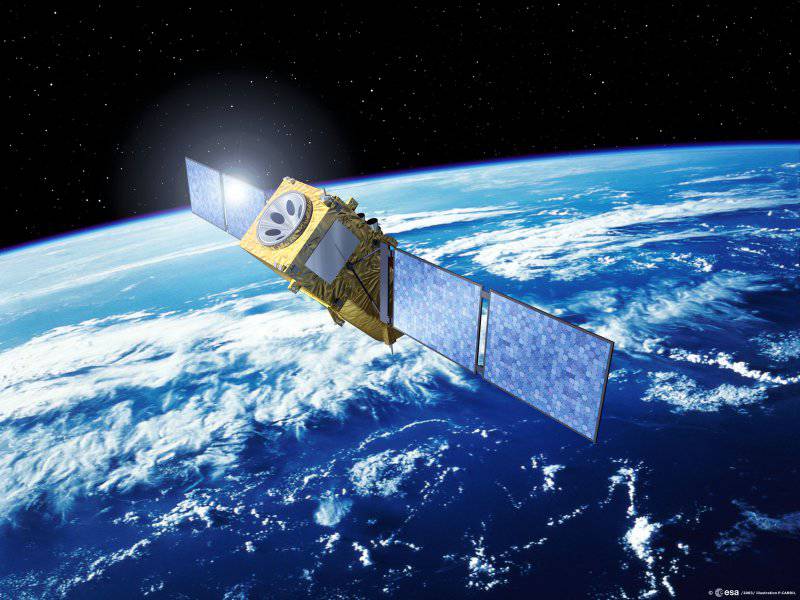
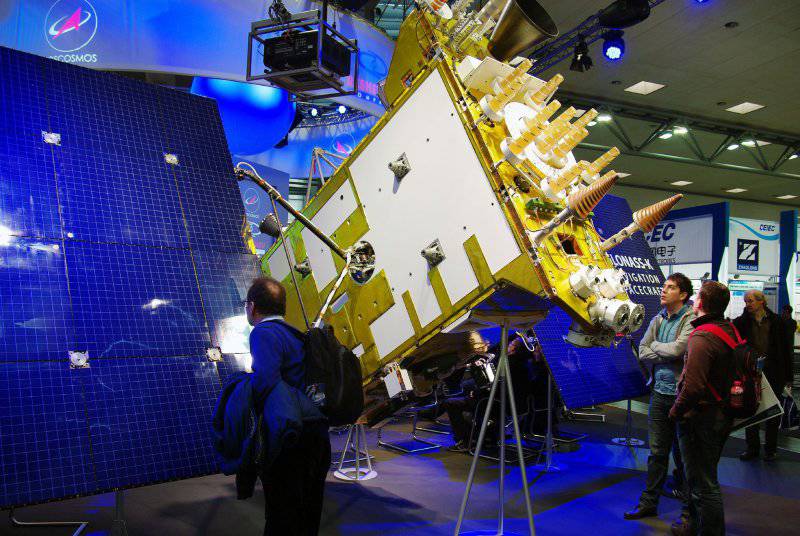
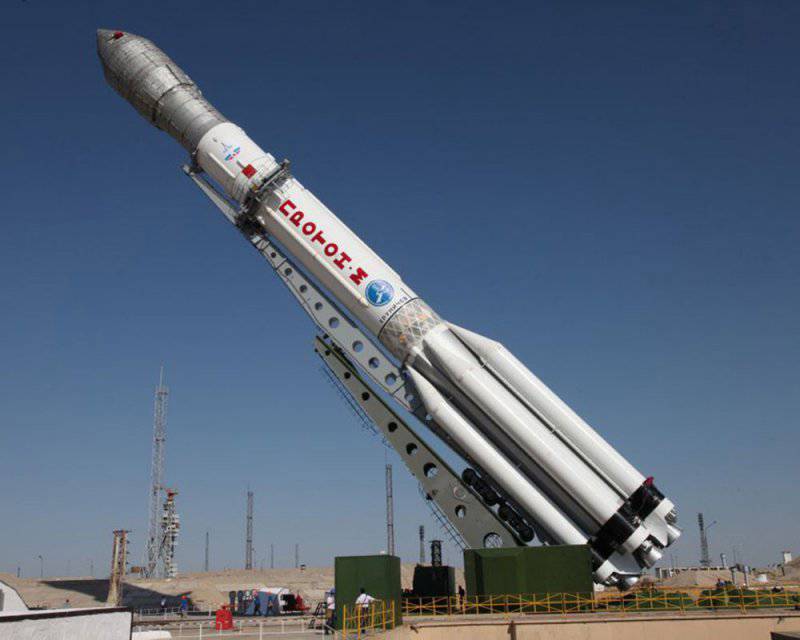
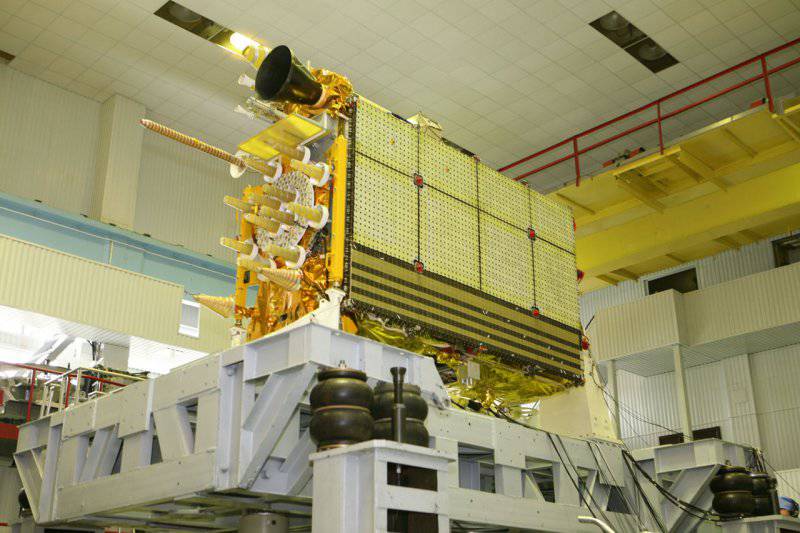
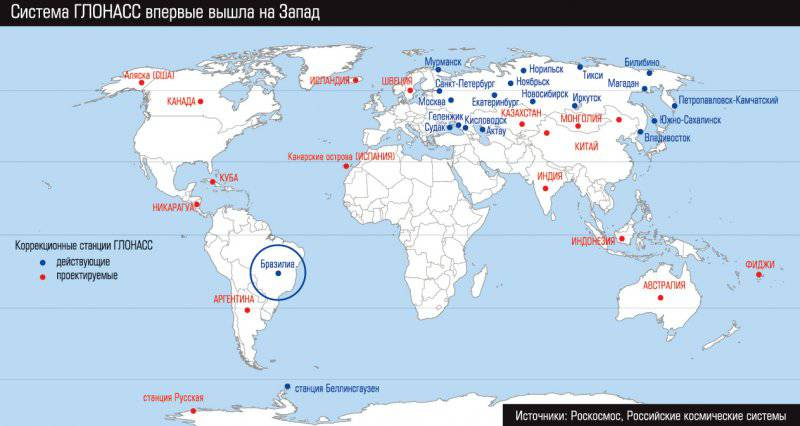
Information